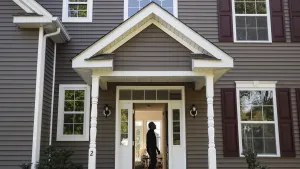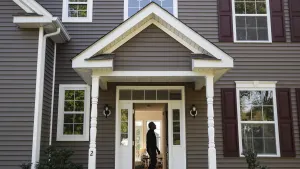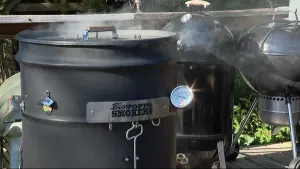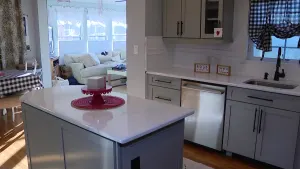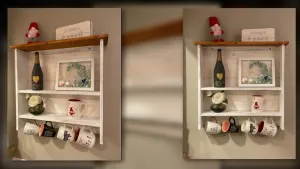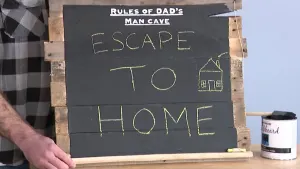More Stories
It’s time to save money, help your garden grow and help save the planet, all at the same time. It's time to talk about compost!
Here are some tips to get your started:
1. What do you need?
You’ll need a pail for the kitchen to collect scraps, an outdoor composting bin (if you’re using one, but you don’t need one), or a spot in the yard for a pile.
2. What to add
There are two main types of organic materials you should use to feed your compost bin:
The greens are described as wet, and are high on nitrogen. These materials include coffee grounds and filters, fruit and vegetable scraps, tea bags, leaves and fresh grass clippings.
The browns are described as dry, and are high on carbon. These materials include dry leaves, wood chips or sawdust from untreated wood, egg shells, nut shells, paper and paper tubes.
3. What not to add
Don't add meat, fish, eggs, dairy, oil and grease, pet waste and anything treated with pesticides.
4. Chop it up
Experts say to chop things into smaller pieces, that way they break down faster.
5. Cover it up
If you’re making a pile, always cover up your layer of green materials, with a layer of brown materials, that way you cut down on any flies and any odors.
6. Turn it
Turn your compost pile every month or so, if you’re making a pile. Grab your pitchfork or a shovel and mix your pile up a bit. This helps speed up the decomposition process, heats up your pile, and keeps away any unwanted pests. Note: If you are using a bin, you’ll just turn it inside the bin.
7. Harvest your finished compost
Over time, the material at the bottom of your pile (or bin) will start to look like the nicest, richest soil you’ve ever seen. When you don’t see any more recognizable scraps, the compost is ready to be used.
8. Spread it
Spread your finished compost on your garden beds or use it in container gardens.
9. Storing compost in the kitchen
To store kitchen waste until you’re ready to transfer it to your composter, or pile, keep a container with a lid and a handle under the sink. A stainless steel compost pail with an carbon filter or a ceramic model will cut down on odors. If you don’t mind occasional smells, use an old ice-cream pail. Chop up any large chunks before you toss them in.
10. What if you live in an apartment?
Check with your city or town to see if they have a composting pickup service. In New York City, for example, there are some farmers markets that offer composting drop off. Collect your compost, and drop it off at the end of the week. Here are some options for composting in your apartment.
